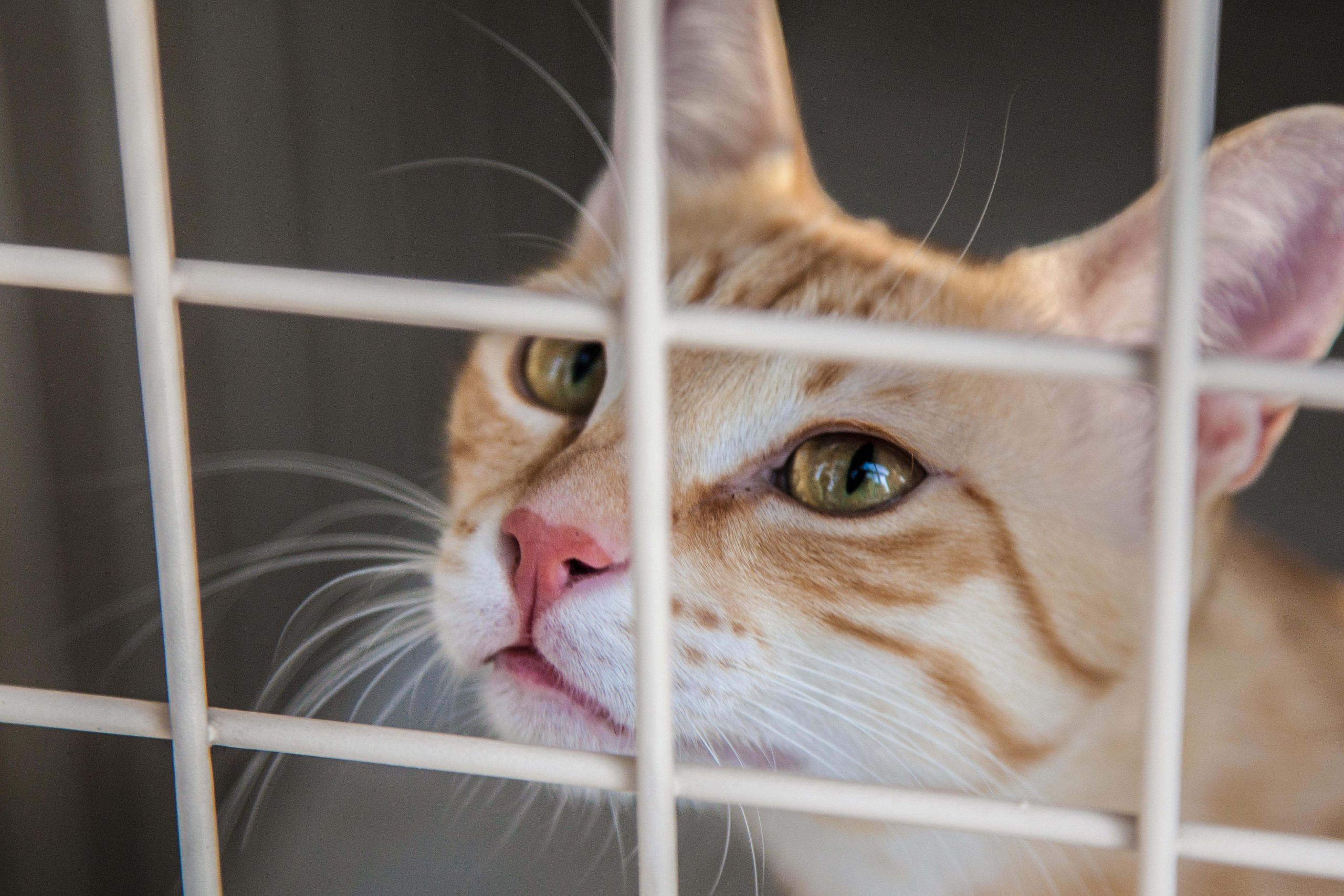The Ministry of Environment (MOE) has requested that a temporary, government-run animal shelter be built to accommodate strays caught during a months-long nationwide trapping program.
The campaign to remove thousands of stray cats and dogs from Qatar’s streets has hit a snag because currently, the government has no suitable shelter to house animals that cannot be neutered and released.
A more permanent structure – a large, 120-kennel shelter in Umm Salal – has been in the works since 2010. But officials at the Qatar Animal Welfare Society (QAWS), who consulted with the government over the site’s design, estimate that it will not be finished for at least another 18 months.
Speaking to the Qatar Tribune, Dr. Youssery Radwan, expert and consultant at the MOE’s Animal Resources Department (ARD), said “the short-term accommodation will be managed by some parties or individuals who are working with us.”
Another potential reason Qatar is in need of a temporary shelter for these animals is because the fate of QAWS, the country’s largest animal shelter, is uncertain.
Speaking to Doha News, QAWS Committee member Kelly Allen urged expediency:
“We commend the government for any effort that is put forward to help control the stray animal population. We are strong advocates of their trap and release program for stray cats. But the government shelter was announced three years ago, and it’s still some time off completion. Our concern is that we need an immediate solution.”
QAWS has told Doha News that about 10 to 2o stray animals are reported to them every day, but that it is currently only accepting animals on an “emergency basis.”
Last December, the shelter announced that its rental contract had run out, and had until May to find a new home. But now, its landlord, who is part of the ruling Al Thani family, has granted a six-month extension, provided that QAWS pays QR17,000 a month in rent (as opposed to QR10,000, which the group paid until they were hit with a penalty after May).
The shelter, which was founded in 2004, provides abandoned dogs, cats, rabbits and other animals with food, medical attention and regular care as they await permanent homes. It is supported solely by public donations.
‘Trap and return’
Many of the cats captured by the government are neutered and returned to where they were found, Radwan told the Tribune:
“Killing stray animals is not in our dictionary. We apply mercy death for stray animals in six cases according to international and religious standards. The animals that are neither to be released nor to be put to death will be sent to the shelter located in a place far from residential areas. We don’t release stray dogs after they are captured because they pose a health hazard to residents. “
Radwan did not say where stray dogs captured by the government are currently being kept.
The MOE said that its acts on 98 percent of requests for its “trap, neuter and return service” for cats, adding that it has relationships with many large complexes, including government offices and residential complexes like within the Pearl-Qatar.
Residents concerned about stay cats can contact the team by faxing 44653086 or calling 44560444, he added.
Thoughts?
Credit: Photo by Steve Wilhelm








